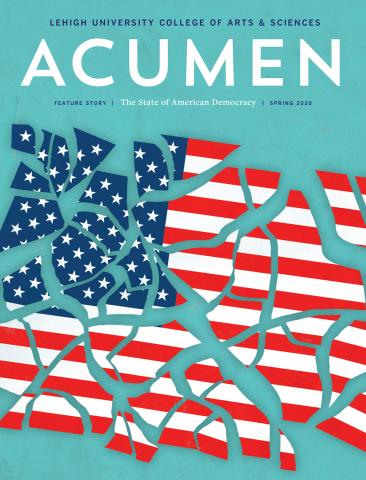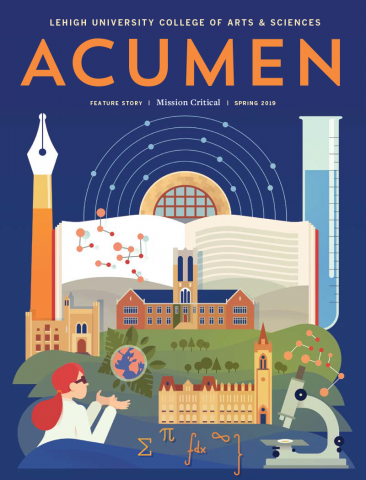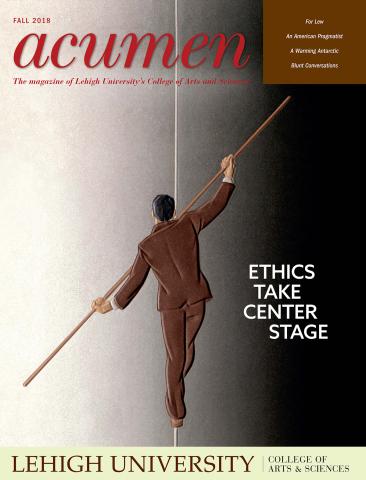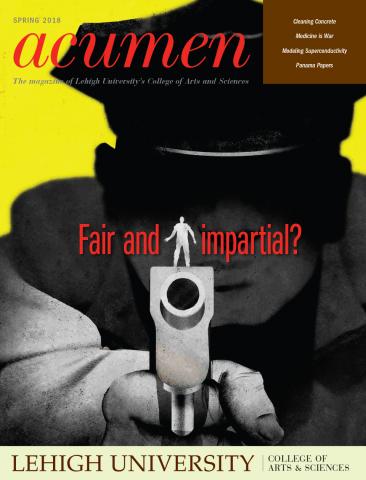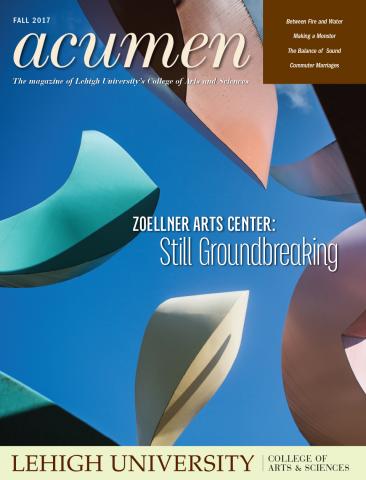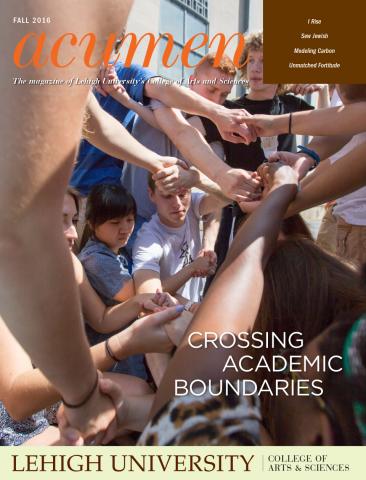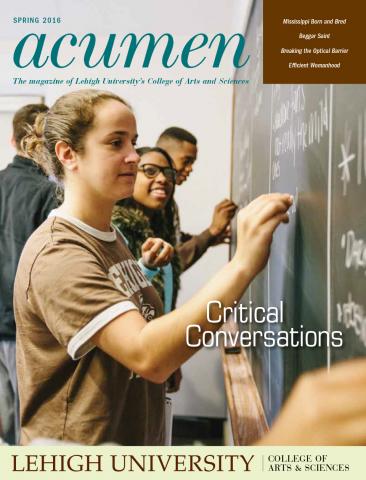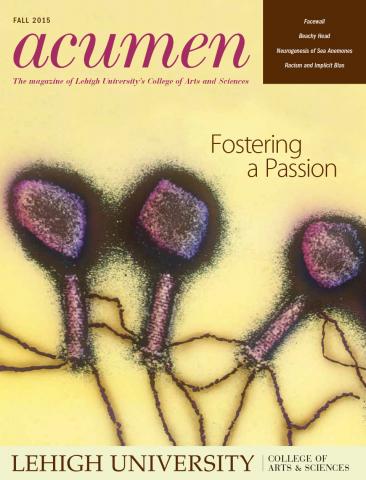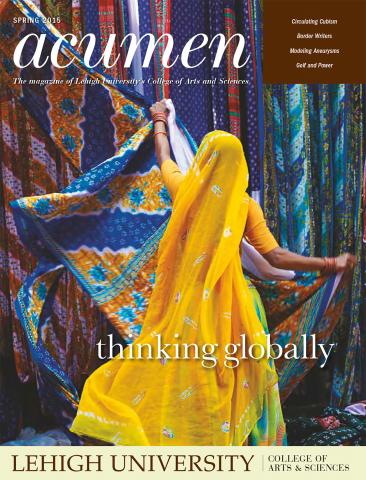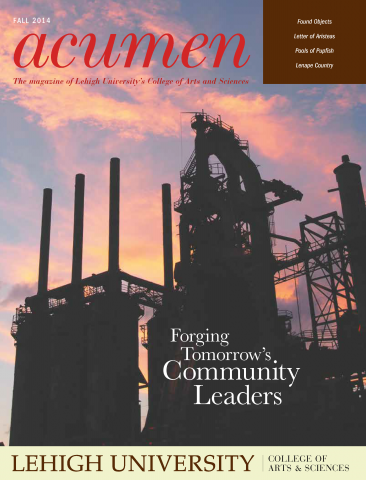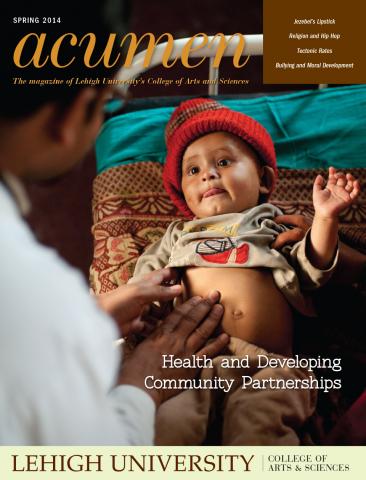
At the turn of the 20th century, Japanese literary scholars used the term kokubungaku, or national literature, to connect the disciplines of literature with classical learning. Research by Nobuko Yamasaki is redefining the genre, as her work examines literature and films produced by both Japanese and their former colonial subjects in the inter- and post-war periods.
Yamasaki, assistant professor of Japanese in the department of modern languages and literatures and a member of the Asian Studies program, studies how storylines of sex, gender, race, class and national differences meet and intersect, allowing narratives of empire to be reshaped from within. She assesses the works of Japanese writers to address the influence of Japan on Chinese and Korean life during a period of empire expansion and colonization. Her research explores the ways in which a number of writers and actors negotiated their works and lives under the totalitarian Japanese empire.
Yamasaki looks at writers such as Nakajima Atsushi, considered one of Japan’s foremost writers, and Hayashi Kyôko, who was a victim and a survivor of the atomic bombing in Nagasaki in 1945, which provides critical insight into the dynamics of nation formation and the sentiments of national belonging. She also explores the works of Lee Yang-ji and the writer/artist Theresa Hak Kyung Cha. These Korean women were born in the 1950s and both died in their 30s. Even though Cha and Yang-ji never met or personally knew the other, their works share the same social concern through female characters for Korean colonial legacies of the Japanese empire on Korean subjects.
“Both address the issues of Korean women’s bodies. By paying attention to the Korean women’s bodies, we start to see an asymmetrical power dynamic taking place,” says Yamasaki.
Yamasaki also examines the life of acclaimed actress RiKôran, who would later become an activist for former comfort women.
Each artist presents various forms of sex workers, such as street prostitutes, female entertainers, hostesses and comfort women. Yamasaki argues that marginalized women’s bodies such as these cut through the grand narratives of Japanese history during a period of empire expansion.
“There is still so much work left to be done, and that’s what I’m trying to do,” she says.























